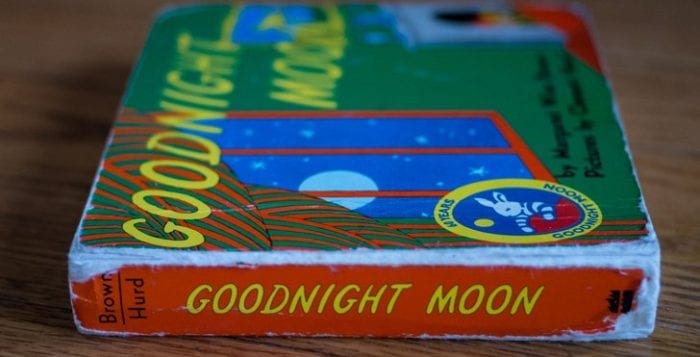By Daniel Dunaief

Old school. It’s a phrase that suggests someone, like yours truly, does something one way, even if there might be an easier, more efficient or modern alternative method for doing things.
Take reading a book. My teenage children think nothing of doing their assigned reading for classes on electronic devices.
That just doesn’t work for me. For me, reading has
always been a multisensory experience. I enjoy finishing a page and flipping to the next one, anticipating the next set of words even as I know how many pages are left in the book by the size of the stack to the left and right.
When I was young, I used to figure out the exact middle of a book. I had an understated celebration when I reached the midpoint, even though the prologue, or introduction, often tilted the balance slightly.
Of course, I could do the same thing with an electronic version of a book.
And yet it’s just not the same for me. I also liked to see the names of the people who read the book in school before me. These students had perused the same pages, found the same shocking revelations and associated with the characters as they moved through the same year in their lives.
When I reread a chapter, searched for symbols or literary devices, I could recall exactly where on a page I might have seen something.
In an e-book, every page is the same. None of the pages is slightly darker, has a bent corner where someone might have stopped, or has a slightly larger “e” or a word that’s printed above the others on a line. The virtual pages are indistinct from each other, except for the specific words on the page or the chapter numbers.
I suppose people like me are why a store like Barnes & Noble can still exist, despite the ease and low cost of uploading books. And, yes, I understand when I travel how much lighter my suitcase would be if I uploaded 100 books without lugging the weight of the paper. I also understand that e-books are more environmentally friendly. Once a paper book is produced, however, it no longer requires constant battery recharging.
Passing along books read by earlier generations connects us to our parents and grandparents. We can imagine them holding the book at a distance as their eyes started to change, falling asleep with the book in their laps, or sitting on the couch until late at night, eager to finish a book before going to bed. We can also picture them throwing a book that frustrated them across the room or out the window.
Among the many Titanic stories that sticks out for me is the tale of Harry Elkins Widener, a 27-year-old book collector who boarded the ill-fated ship with his mother and father in Cherbourg, France. Legend has it that he died with a rare 1598 book, “Essays” by Francis Bacon, that he had bought in London. Harry and his father died aboard the ship, while their mother survived the sinking. After her son perished, she donated $2 million — an enormous sum in 1912 — to Harvard to construct a
library which is still on the main campus.
While I’m sure it’s possible to pick a random section of an e-book, I have grabbed books from a shelf and leafed to a random page, trying to figure out where in the story I have landed.
I am delighted to hold children’s books, including many of the Dr. Seuss collection. Also, I remember my children searched each page of “Goodnight Moon,” by Margaret Wise Brown for the mouse. There’s probably a mouse in the virtual version and touching it may even make the mouse grow, scurry across the virtual page or offer lessons about rhyming couplets.
Still, for my reading pleasure, I’m old school: Hand me a book and I’ll carry around a friend.





